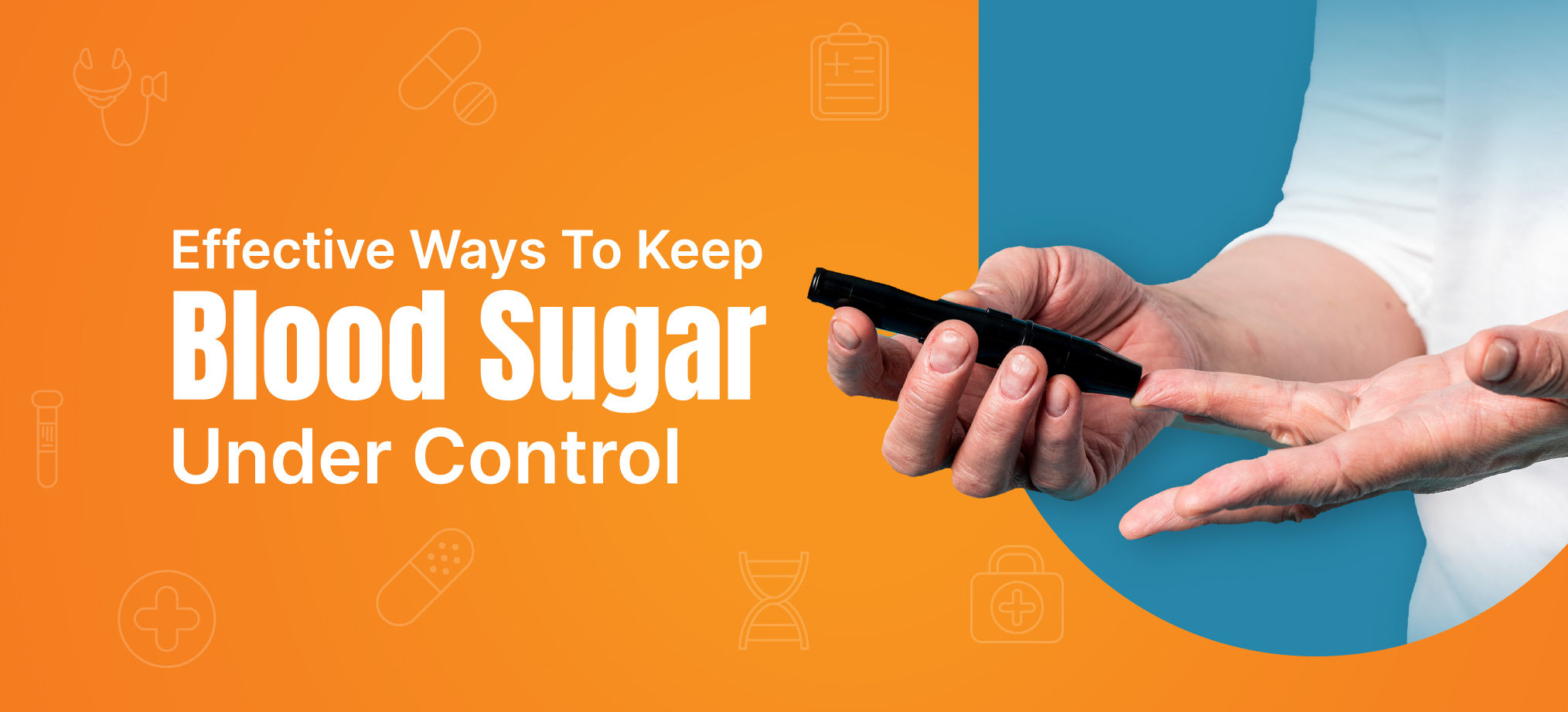Diabetes Management
What is an Oral Glucose Tolerance Test: A Comprehensive Guide
2 min read
By Apollo 24|7, Published on - 25 June 2024
Share this article
0
0 like
%20(1).jpg?tr=q-80)
An Oral Glucose Tolerance Test (OGTT) is a medical test that helps assess the metabolism of sugar, specifically glucose. This test plays a vital role in diagnosing conditions like type 2 diabetes, prediabetes, and gestational diabetes. In this guide, let's discuss this test in detail.
OGTT Purpose and Preparation
An OGTT helps measure your body's response to glucose, the primary energy source for our cells. For this test, you need to fast for at least 8 to 16 hours, meaning you should not eat anything before going to the doctor in the morning. In other words, you should not have breakfast, and you should eat your last meal the evening before. This is also true for all drinks apart from water. Nevertheless, normal daily activities can be performed. On the test day, avoid caffeine and smoking.
OGTT Procedure
The OGTT involves four main steps:
- Fasting Blood Sample: The healthcare professional will draw a blood sample to measure your fasting glucose level.
- Glucose Solution: You will drink a glucose solution containing 50 to 100 grams of sugar.
- Further Blood Samples: The healthcare professional will collect more blood samples at specific intervals, after 1, 2, and 3 hours.
- Blood Glucose Level Analysis: At each interval, your glucose levels will be measured and recorded.
Understanding the OGTT Results
The results are based on the blood glucose levels at each interval. Typically, levels less than 140 mg/dL (7.8 mmol/L) 2 hours after drinking the glucose solution indicate normal metabolism. However, a reading between 140 mg/dL (7.8 mmol/L) and 199 mg/dL (11 mmol/L) indicates prediabetes. A reading over 200 mg/dL (11.1 mmol/L) indicates diabetes.
But don't worry! With lifestyle changes and the right medication, it can be managed. The Apollo Super 6 programme could provide the support you need.
The OGTT is a valuable tool for diagnosing and monitoring your glucose metabolism. Understanding how it works and what the results mean can help you take charge of your health, particularly if you are at risk of conditions like diabetes and prediabetes.
Diabetes Management
Consult Top Diabetologists
View AllLeave Comment
Recommended for you

Diabetes Management
Is it Safe for Diabetics to Donate Blood?
Yes, it is generally safe for individuals with diabetes to donate blood as long as their condition is well-managed and they meet the required health criteria. People with both type 1 and type 2 diabetes may be eligible, depending on factors such as overall health and medication use. Diabetic donors need to monitor their blood sugar levels, stay hydrated, and have snacks on hand to stabilise blood sugar. Effective communication with the donation centre staff and making them well aware of your condition is crucial for a safe donation process.

Diabetes Management
Celebrate Diwali While Keeping Your Blood Sugar In Control!
With these tips, you can enjoy the festival of Diwali while keeping a check on your blood sugar levels.

Diabetes Management
How Can Sleep Apnea Affect Diabetes?
The relationship between sleep apnea and diabetes is a bi-directional one. Individuals with sleep apnea often experience interrupted breathing during sleep, leading to lower oxygen levels and increased stress on the body. This can worsen insulin resistance and blood sugar control. Conversely, unmanaged diabetes can increase the risk of sleep apnea. Therefore, it's crucial for those with diabetes to be aware of the potential connection and seek evaluation and treatment for sleep apnea if symptoms are present.
Subscribe
Sign up for our free Health Library Daily Newsletter
Get doctor-approved health tips, news, and more.
Visual Stories

8 Fruits That are Incredibly Healthy for Diabetes
Tap to continue exploring
Recommended for you

Diabetes Management
Is it Safe for Diabetics to Donate Blood?
Yes, it is generally safe for individuals with diabetes to donate blood as long as their condition is well-managed and they meet the required health criteria. People with both type 1 and type 2 diabetes may be eligible, depending on factors such as overall health and medication use. Diabetic donors need to monitor their blood sugar levels, stay hydrated, and have snacks on hand to stabilise blood sugar. Effective communication with the donation centre staff and making them well aware of your condition is crucial for a safe donation process.

Diabetes Management
Celebrate Diwali While Keeping Your Blood Sugar In Control!
With these tips, you can enjoy the festival of Diwali while keeping a check on your blood sugar levels.

Diabetes Management
How Can Sleep Apnea Affect Diabetes?
The relationship between sleep apnea and diabetes is a bi-directional one. Individuals with sleep apnea often experience interrupted breathing during sleep, leading to lower oxygen levels and increased stress on the body. This can worsen insulin resistance and blood sugar control. Conversely, unmanaged diabetes can increase the risk of sleep apnea. Therefore, it's crucial for those with diabetes to be aware of the potential connection and seek evaluation and treatment for sleep apnea if symptoms are present.



